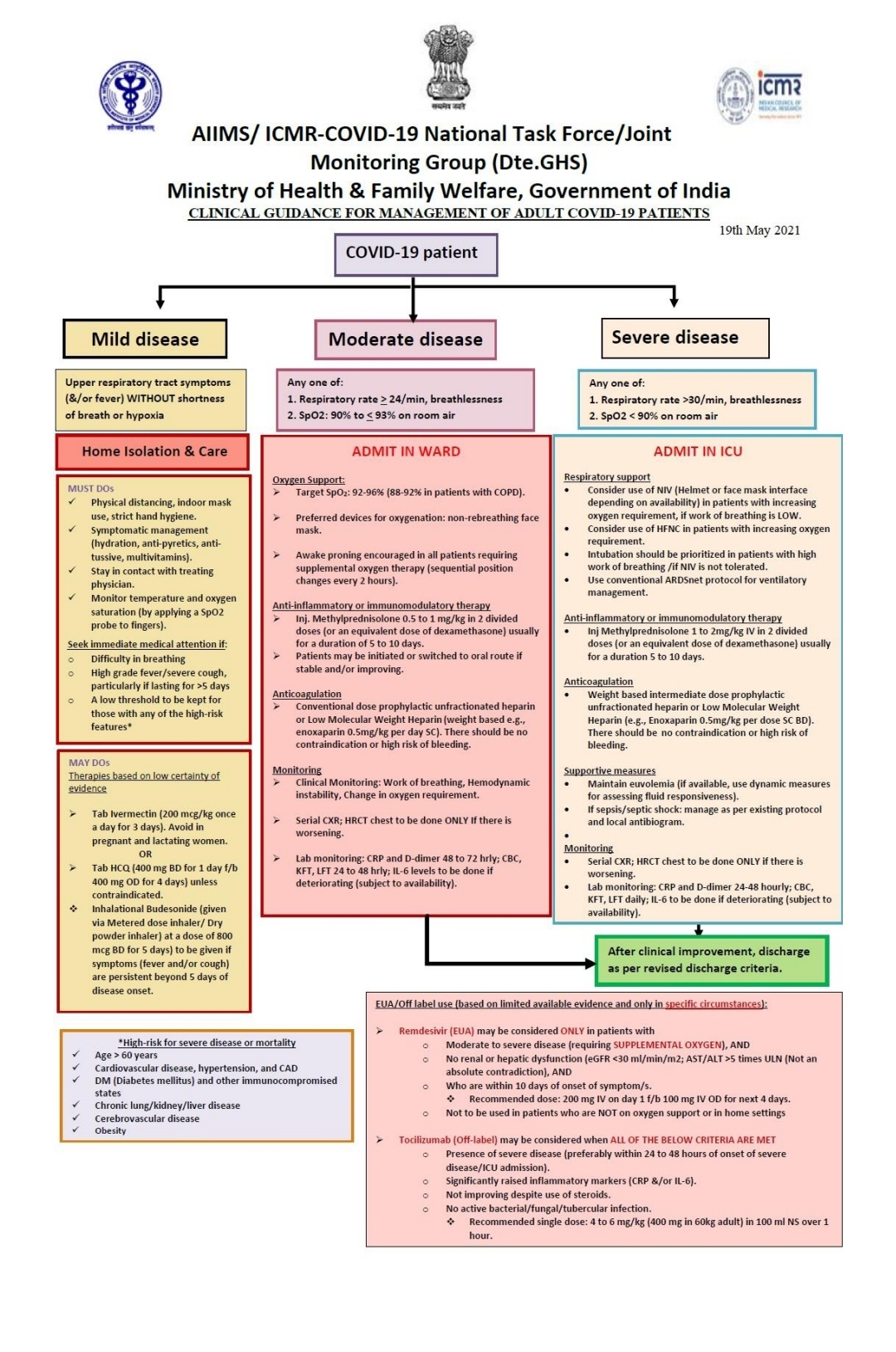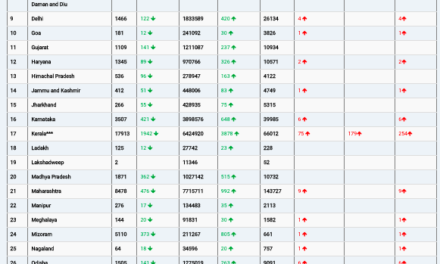What you need to know
An outbreak of a disease called monkeypox is happening in some countries where the virus is not typically found. Some of these cases are being found in communities of gay, bisexual and other men who have sex with men. Transgender people and gender-diverse people may also be more vulnerable in the context of the current outbreak.
Symptoms include:
- Rash with blisters on face, hands, feet, eyes, mouth and/or genitals
- Fever
- Swollen lymph nodes
- Headaches
- Muscle aches
- Low energy
You can catch monkeypox if you have close physical contact with someone who is showing symptoms. This includes touching and being face-to-face.
Monkeypox can spread during close skin-to-skin contact during sex, including kissing, touching, oral and penetrative sex with someone who has symptoms. Avoid having close contact with anyone who has symptoms.
Protect yourself and others by:
- Isolating at home and talking to a health worker if you have symptoms
- Avoid skin-to-skin or face-to-face contact, including sexual contact with anyone who has symptoms
- Clean hands, objects, and surfaces that have been touched regularly
- Wear a mask if you are in close contact with someone with symptoms
Stigmatising people because of a disease is never ok. Anyone can get or pass on monkeypox, regardless of their sexuality.












